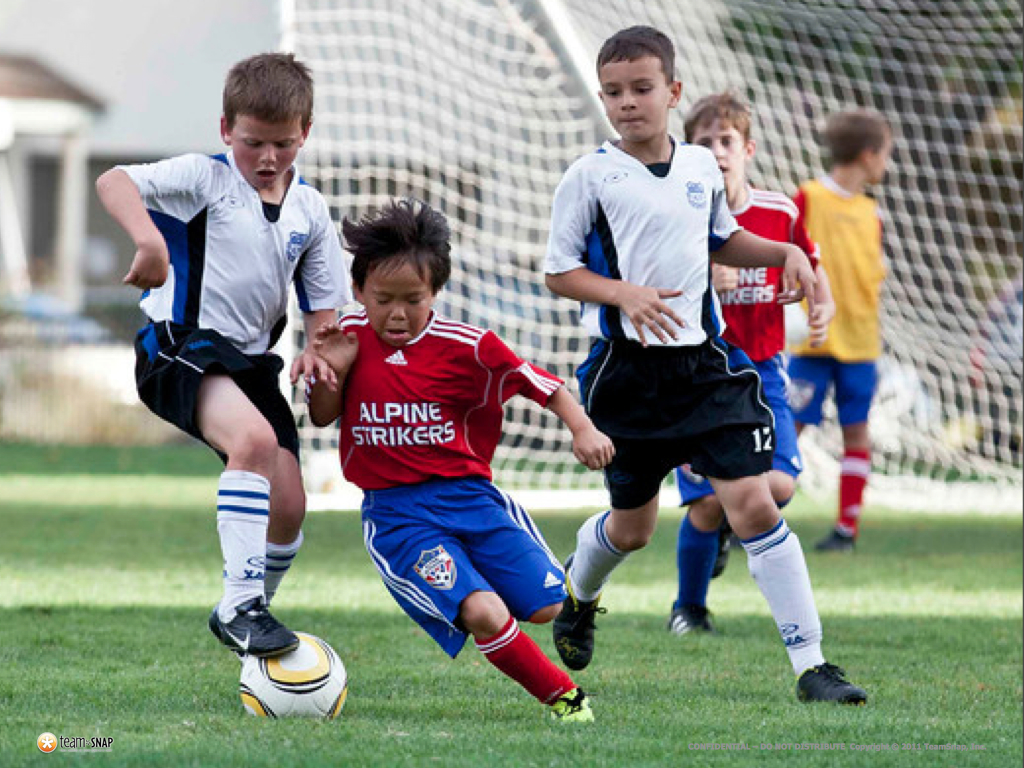Kids Sports Success: Why Executive Function Skills Might Be the Key
July 6, 2016

Do you have an athletic kid that isn’t making the “A team”? Learn why some of the same hidden skills that can affect classroom performance also might be affecting your child’s playing and interfering with your kids sports success.
Listening
Does the coach need to call your kid’s name in the group to make sure she’s listening? If your child doesn’t actively listen to the coach, she’s probably not absorbing as much feedback as her teammates. And chances are, she’s making mistakes as a result.
Why doesn’t she listen? The first thing to check is your child’s hearing. If she can hear you just fine, you might want to check if she is having difficulties with auditory processing, working memory, or attention.
What can I do? Kids sports success depends on listening. While it might not be reasonable to expect her to carefully listen to every word the coach says, you can teach her to listen for key words so she’s sure not to miss the most important information. General words that apply in just about any setting include: First, In summary, Now, or Watch! Other words will be sport-specific such as: Defense on the field, You’re on deck, or Heads up! Teach her to perk up and listen when she hears those words.
 Attention
Attention
Does your child tune out when it’s not his turn for the drill or the ball is at the other end of the field? The best athletes are focused — always watching, learning, and ready for whatever comes their way.
Why doesn’t he focus? If your child is interested in the sport and playing at the appropriate level, you will want to make sure he’s not struggling with an attention deficit. Adults sometimes overlook kids with inattention problems who are not hyperactive.
What can you do? First you need to create self-awareness so that your kiddo remembers to “check-in” with himself. While waiting for his turn, did his mind wander and a teammate had to nudge him to go? Did the coach need to call his name more than once before he responded? He needs to become more self-aware and minimize those lapses. While waiting for his turn, encourage him to count the other player’s successful catches or watch the others and consider what he would do differently. Teach your child to make a deliberate effort to keep himself on track.
 Following Directions
Following Directions
Does your athlete do a great job listening to the coach, but she struggles when it comes time to implement a new drill or learn a new play?
Why can’t she follow directions? It’s possible that she might be struggling with memory or processing speed–either she can’t remember all of the steps or she just needs more time to absorb what the coach said.
What can you do? While it can be uncomfortable for kids to ask the coach or a friend to repeat, hearing it again more slowly might be exactly what she needs. If this is an ongoing problem, perhaps your child can ask the coach to provide new drills in advance or written copies of plays. While it might feel awkward, the coach is likely to appreciate your athlete’s commitment and willingness to be proactive and speak up about what she needs.
If none of these seem to be what’s holding your child back, maybe it’s time to discuss the other, more personal issues your child might be experiencing. Does he really still want to play? Is he having trouble getting along with his coach or teammates? Is he not putting in the required time or effort? Does he still want to? Keep in mind that effort and motivation can be more of a factor than ability in many middle and high school sports, so understanding how your child really feels might be the best first step for your kids sports success.
Read more about sports and extra-curriculars in our curated articles.




Comments
No Comments